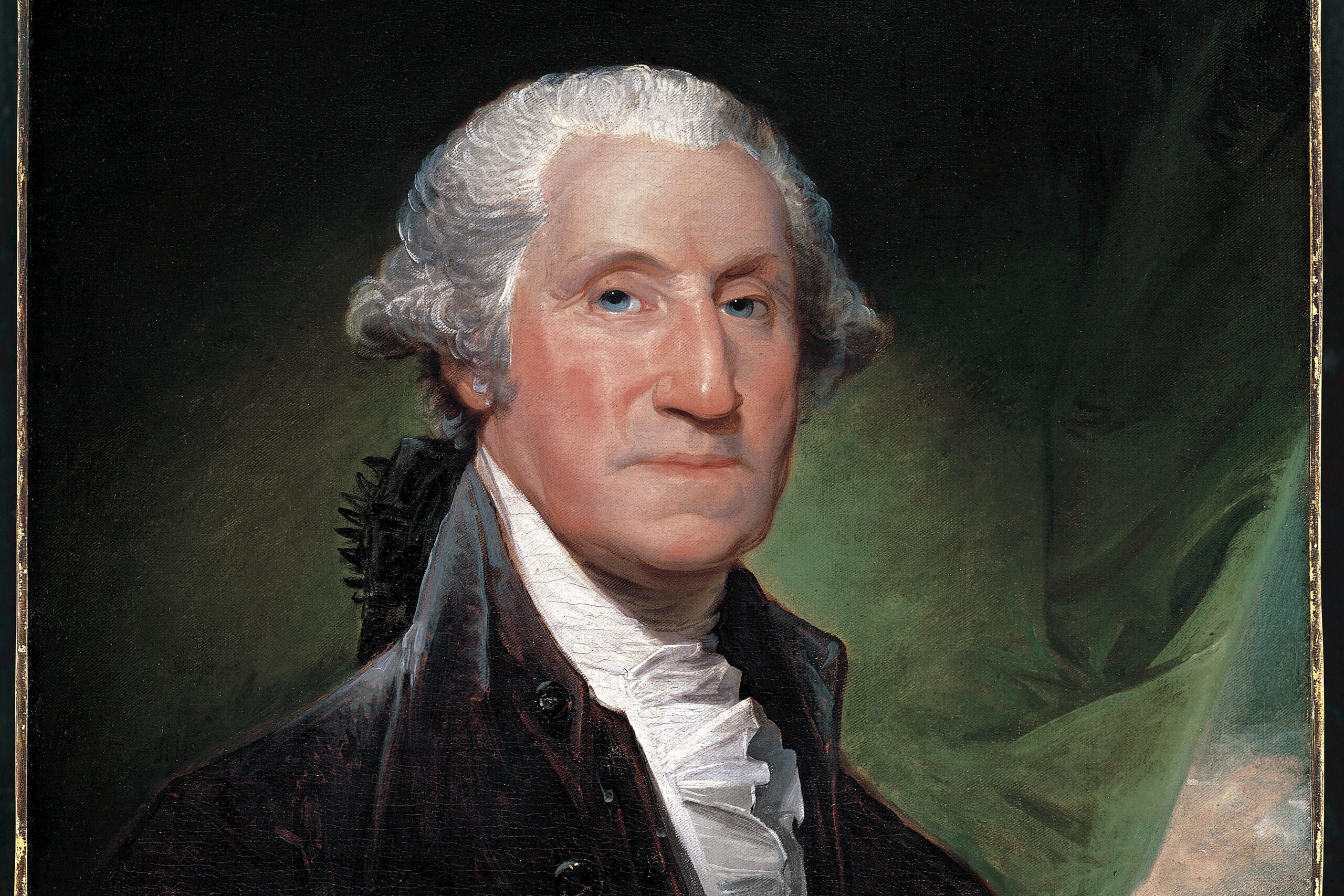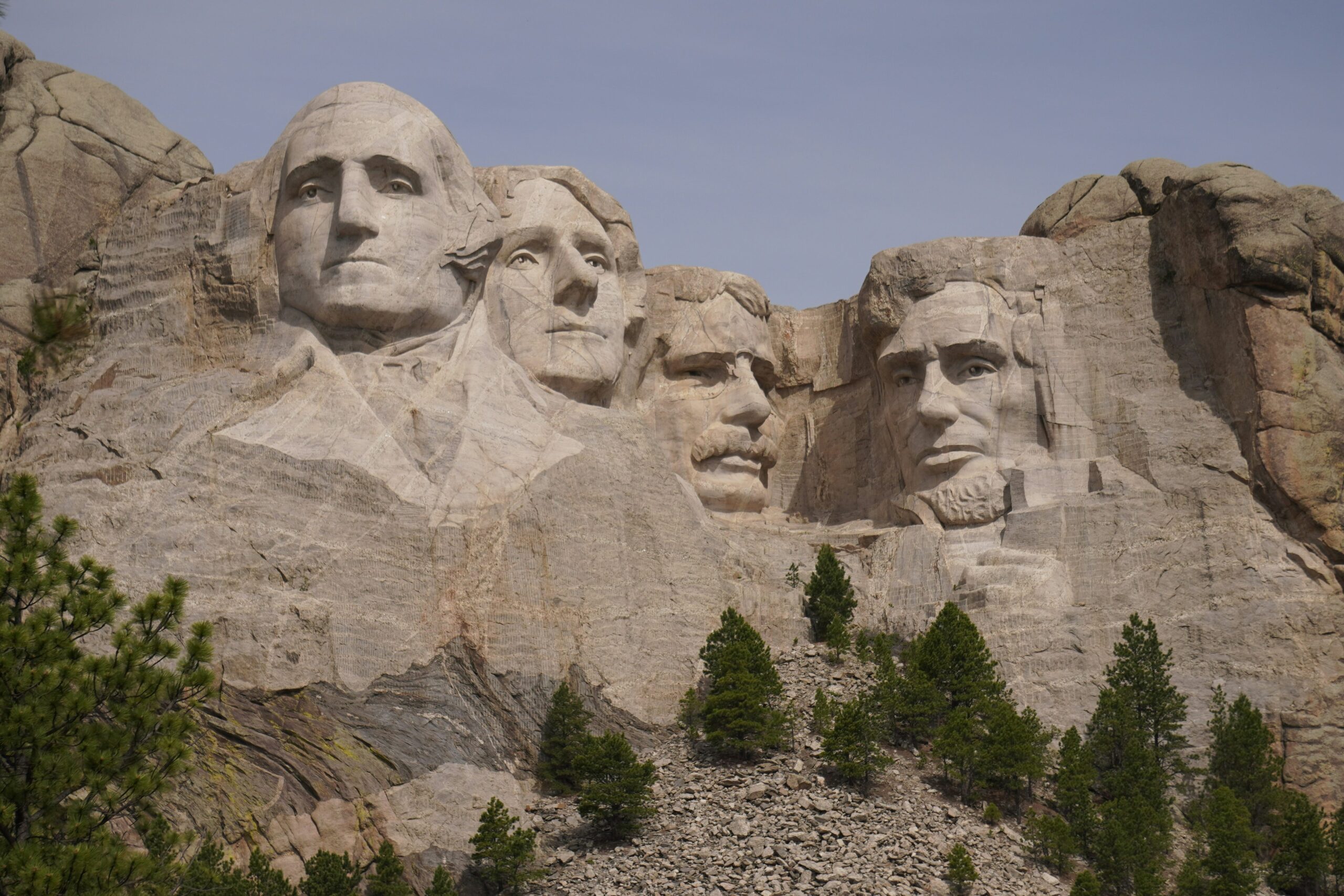1. A Severe Throat Infection

George Washington’s final days were marked by a sudden and severe illness that started with a sore throat. What began as discomfort quickly spiraled into something far worse. Historical accounts suggest Washington developed acute epiglottitis, a severe inflammation of the tissue covering the windpipe. Back then, there were no antibiotics to fight such infections, and the swelling would have made it increasingly difficult to breathe. Many experts believe this infection played a key role in his death, turning a simple ailment into a life-threatening emergency.
2. The Cold and Damp Weather

Washington fell ill shortly after riding his horse through freezing rain and sleet on his Mount Vernon estate. The cold, wet weather may have weakened his immune system, making him more susceptible to infections. At the time, people underestimated how dangerous exposure to the elements could be, and Washington’s insistence on maintaining his routine despite the weather may have cost him dearly. It’s a reminder that even the most resilient individuals are vulnerable to the effects of cold and damp conditions without proper care.
3. Bloodletting by Doctors

In the late 18th century, bloodletting was a common medical practice believed to restore balance to the body. Unfortunately, Washington’s doctors drained a staggering five pints of blood over the course of his illness. For context, the average adult has about 10 pints in total, so this loss was drastic. Bloodletting weakened him further, reducing his body’s ability to fight the infection. While it was intended to help, modern medicine shows it likely sped up his demise.
4. Lack of Antibiotics

Antibiotics didn’t exist in George Washington’s time, and infections that are now easily treated were often fatal. What may have started as bacterial epiglottitis or a respiratory infection had no chance of being cured. Washington’s immune system was left to fight the illness unaided, and his body simply couldn’t overcome it. Today, a quick course of antibiotics could have changed the outcome entirely, showing just how far medicine has come since the 18th century.
5. Overexertion and Stress

Washington was known for his strong work ethic, but his demanding lifestyle may have taken a toll on his health. Even in retirement, he oversaw operations at Mount Vernon, frequently engaging in outdoor labor and administrative tasks. On the day he fell ill, he spent hours outdoors in poor weather, despite feeling unwell. Combined with the stress of leadership and years of war, Washington’s immune system was likely already compromised, leaving him vulnerable to serious illness.
6. Misdiagnosis of His Condition

In the 18th century, medical knowledge was limited, and accurate diagnoses were rare. Washington’s doctors initially thought he had a common cold or respiratory infection, but his symptoms suggest something more severe. Misdiagnosing his illness delayed proper treatment, though options were limited regardless. The inability to identify and address his condition highlights the struggles of practicing medicine in a time when many diseases were poorly understood.
7. Dehydration and Nutritional Decline

Washington’s illness left him unable to eat or drink much, leading to dehydration and rapid weight loss. Combined with the bloodletting, his body was deprived of the resources it needed to recover. Without IV fluids or proper nourishment—which didn’t exist then—Washington’s strength diminished quickly. Dehydration would have made it harder for his body to regulate temperature and fight infection, worsening his condition.
8. Inflamed Tonsils or Quinsy

Some historians believe Washington may have suffered from quinsy, a complication of tonsillitis that causes an abscess in the throat. This condition can make swallowing and breathing nearly impossible. The inflamed tissue could have blocked his airway, explaining why he struggled to breathe in his final hours. Without modern surgical intervention, there was no way to relieve the blockage, leaving Washington to suffer from a condition that is now easily treatable.
9. The Use of Mercury-Based Medicine

Washington’s doctors administered a treatment called calomel, a mercury-based remedy commonly used at the time. While intended to purge toxins from the body, mercury is highly toxic and can cause significant harm. Prolonged use of calomel could lead to poisoning, further weakening Washington’s already fragile state. It’s possible that the very treatments meant to save him instead added to his suffering.
10. Aging and a Weakened Immune System

At 67 years old, Washington was considered elderly for his time. His body was less capable of recovering from illness, and the physical demands of his earlier years likely caught up with him. Decades of war, stress, and exposure to harsh conditions may have permanently weakened his health. When faced with a sudden infection, his aging immune system lacked the strength to fight back, making a recovery unlikely.
11. Respiratory Distress

By Washington’s final hours, he was experiencing severe difficulty breathing, which some describe as a slow form of suffocation. The infection, inflammation, and possible abscesses in his throat likely obstructed his airway. This respiratory distress, combined with weakness from bloodletting and dehydration, made survival impossible. Witnesses described his final moments as peaceful, but the struggle leading up to them must have been agonizing.
12. The Limits of 18th-Century Medicine

At its core, George Washington’s death highlights the limitations of medicine in his time. Without antibiotics, IV fluids, oxygen support, or advanced diagnostic tools, doctors relied on methods like bloodletting, purging, and toxic remedies. While they acted with the best intentions, their tools were woefully inadequate for treating a severe infection. Washington’s death is a stark reminder of how far medical science has progressed and how different his fate might have been today.


